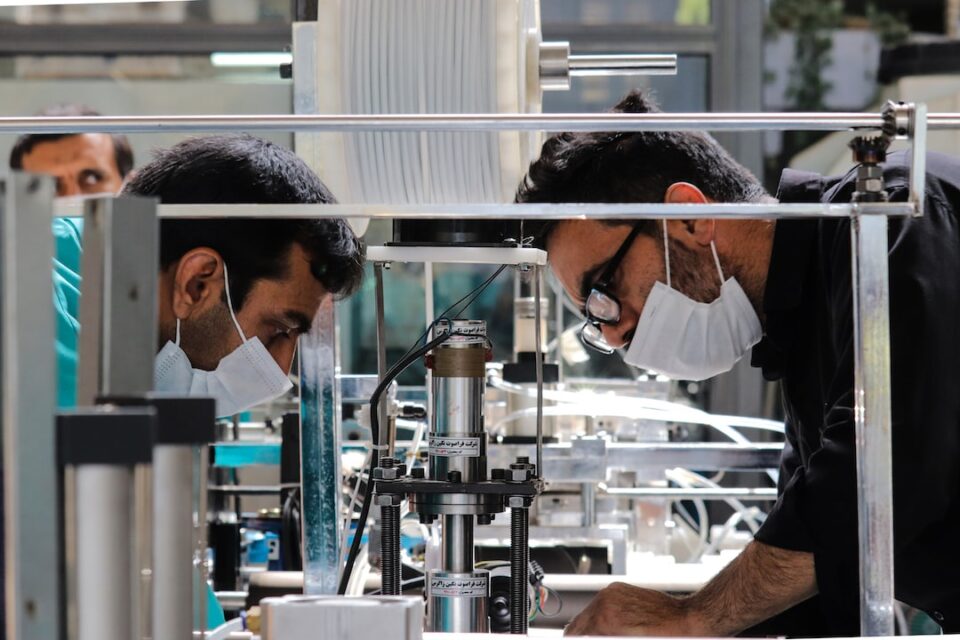Industry 4.0, also known as the Fourth Industrial Revolution, is reshaping the manufacturing industry in ways we couldn’t have imagined just a few decades ago. It is transforming the way products are manufactured, how employees work, and even how businesses are run. In this blog post, we will explore what Industry 4.0 is and how it is revolutionizing the manufacturing sector.
Industry 4.0 is defined as the integration of digital technologies into the manufacturing process. It combines the power of automation, data exchange, and artificial intelligence to create a highly interconnected and intelligent manufacturing system. This new era of manufacturing is characterized by the increasing use of advanced robotics, smart machines, and the Internet of Things (IoT).
One of the key advantages of Industry 4.0 is the ability to create a highly flexible and efficient production process. With the integration of advanced robotics and automation, manufacturers can easily adapt to changing demands and produce customized products in real-time. This level of flexibility allows businesses to become more agile and responsive to customer needs, resulting in increased customer satisfaction and competitiveness.
Moreover, the use of big data and analytics plays a significant role in Industry 4.0. By collecting and analyzing vast amounts of data, manufacturers can gain valuable insights into their processes, enabling them to optimize operations, reduce waste, and improve product quality. For example, predictive maintenance can be implemented, where machines can be monitored in real-time and potential failures can be predicted and prevented, minimizing downtime and increasing production efficiency.
Industry 4.0 also promotes the concept of the “smart factory,” where machines, products, and even people are interconnected through the IoT. This connectivity allows for real-time communication and coordination between different components of the manufacturing process. For instance, machines can communicate with each other and adjust production schedules based on demand, creating a seamless and efficient production flow.
However, as Industry 4.0 becomes more prevalent, there are also challenges that need to be addressed. The integration of new technologies requires significant investments and changes in the workforce’s skills, which may lead to job displacement and a widening skills gap. Manufacturers need to invest in training programs and reskilling initiatives to ensure employees are equipped with the necessary skills to work in this new era of manufacturing.
In conclusion, Industry 4.0 is revolutionizing the manufacturing sector by bringing together advanced robotics, automation, data analytics, and connectivity. It offers increased flexibility, efficiency, and productivity, allowing for the production of customized products in real-time. However, it also brings challenges that need to be addressed, such as the need for skill upgrading and workforce transition. With the right investments and strategies, Industry 4.0 has the potential to significantly transform the manufacturing industry and drive economic growth.

